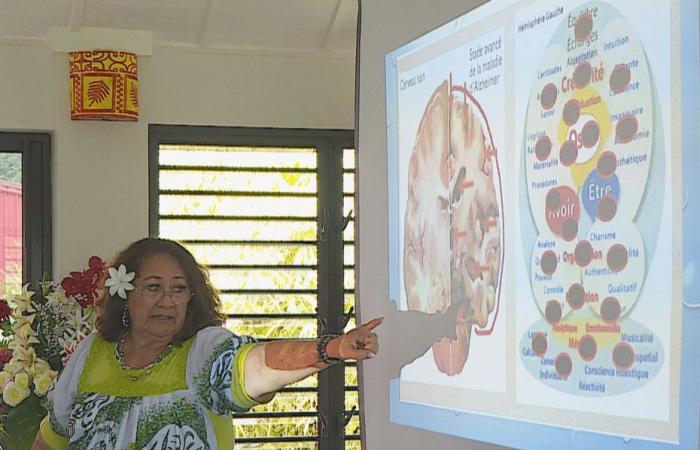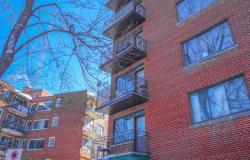Supporting a family member with Alzheimer’s disease is a real challenge. You have to be patient, and above all, train yourself to have the necessary skills. World Alzheimer’s Day is on September 21st of each year. A day also organized here, in Mataiea, by the Polynésie Alzheimer association. It allowed families to find out about the different types of assistance available.
Ismaël Tahiata / Editorial Polynesia La 1ère
•
Published on September 21, 2024 at 5:26 p.m.
With Alzheimer’s, it’s a difficult union to manage on a daily basis. On the front line: the family. Heremoana Teiho is right in the middle of it. His mother was recently diagnosed. He confides in them about their difficult daily life: “We’re always arguing. Every time it’s the same, then hop, everyone goes home. That’s why I came today, to be able to learn a little more about the disease. And also to learn about guardianship..”
Many families call on the caregiver. He provides support adapted to the patient. But not everyone can be a caregiver.CIt is by understanding what the disease is that we can better help the patient. And the training allowed us to have concrete activities to show us examples. To show us what we might encounter during the evolution of the disease.” testifies Christiane Fougerouse, herself a caregiver.
There is no cure for Alzheimer’s. But we can slow down its effects. There are solutions. Ludmilla Tape is mmember of the “Polynésie Alzheimer” association and she explains how can we do: “Well, we go to the doctor. We do all the tests required to establish the diagnosis. And there, the neurologist gives the necessary medication. You should know that at one time, there were four medications.“
Christiane Fougerouse gives some advice: “c‘is to let him do it himself as much as possible. Not to do it for him right away, to stimulate him. So that he can do it for as long as possible. And when we realize that the patient can no longer really eat, at that moment, we will help him.”
In Polynesia, nearly 3,000 people suffer from Alzheimer’s. That’s a lot. A matahiapo house could help them age better. Teave Chaumette, the phonorary resident of the “Polynésie Alzheimer” association, describes this need: “a unique place where the Matahiapo will have everything at their disposal. For all illnesses, whether chronic, Alzheimer’s and others, all doctors, all tests and all psychological support in the same place.“
Support, accompaniment, care for patients, a fight that the “Polynésie Alzheimer” association has been leading for more than 10 years.






